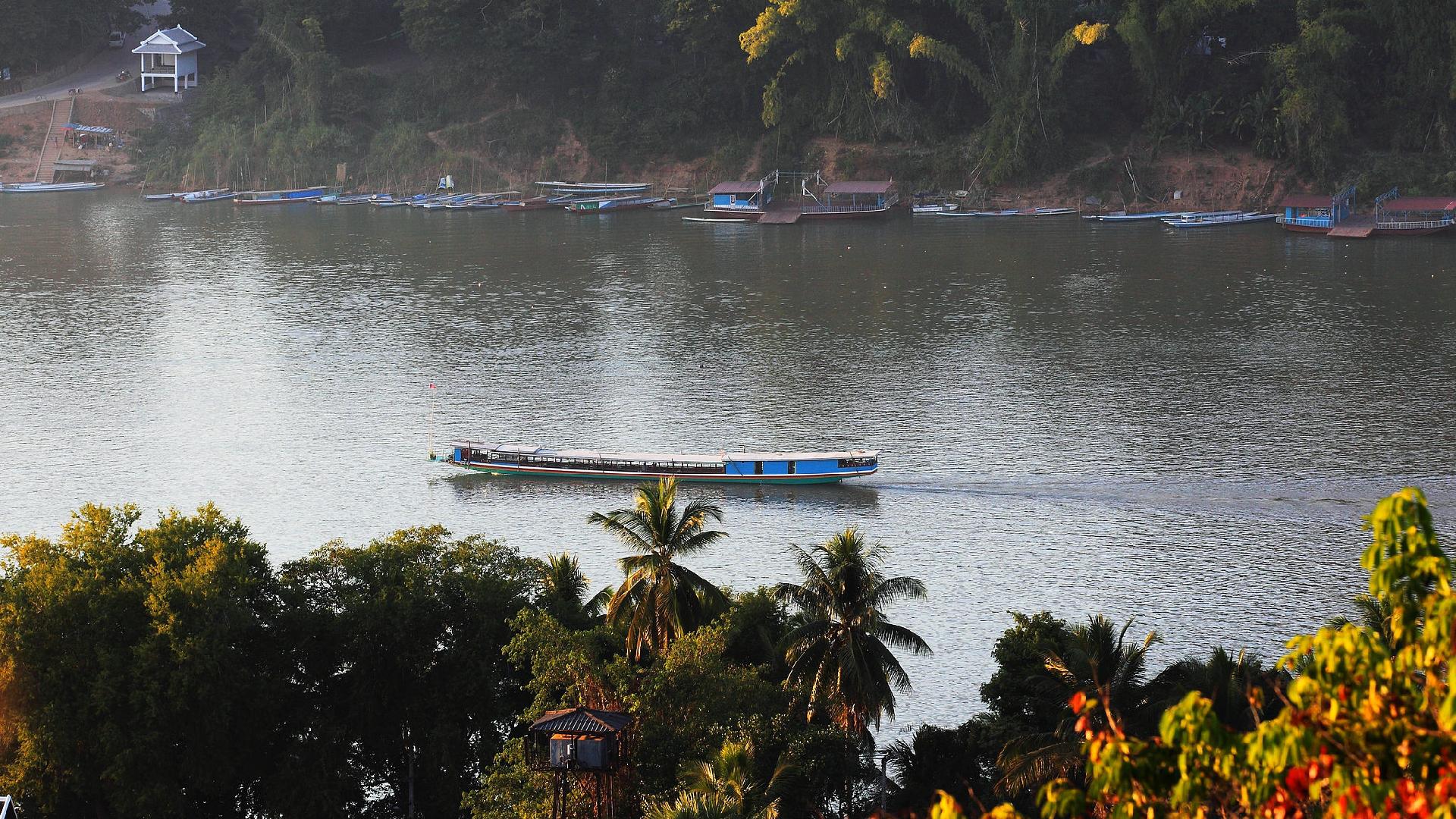GMS Nations Hold Discussions on Collaborating to Protect Environmental Gems
GMS ministers engage in discussions aimed at enhancing collaboration to protect valuable environmental resources.

During the opening ceremony of the sixth GMS Environment Ministers' Meeting, Cambodian Minister of Environment Eang Sophalleth emphasized that this meeting represents a significant advancement in the ongoing collective endeavors to secure a clean, green, sustainable, and resilient future for GMS nations.
"The Greater Mekong Subregion is a region of extraordinary natural beauty and biodiversity, home to ecosystems that support millions of livelihoods," he stated.
He remarked on the importance of forests, rivers, and wetlands, noting that they are not just life sources but also central to the economies and cultural identities of people in GMS countries.
"However, as we stand on the verge of significant economic development and industrialization, we are also facing profound environmental challenges such as climate change, biodiversity loss, pollution, and unsustainable development," Sophalleth explained.
He highlighted the increasing frequency and intensity of natural disasters in the GMS, underscoring the need for improved climate resilience, enhanced disaster risk reduction strategies, better early warning systems, and investment in climate-resilient infrastructure.
Moreover, he stressed that improving environmental quality is crucial for the health and well-being of the population. "Pollution control and waste management, especially the reduction of plastic use, are central to creating cleaner air, water, and soil," he added.
The meeting served as a unique platform for the environment ministers or their deputies from six GMS countries—Cambodia, China, Laos, Myanmar, Thailand, and Vietnam—to strengthen partnerships, share knowledge, and coordinate efforts to tackle these urgent issues.
"Together, we can build a resilient, sustainable future for the Greater Mekong Subregion, ensuring that our natural treasures are preserved for generations to come," he remarked.
Sophalleth also indicated that the meeting is likely to endorse two crucial documents: the 2030 Strategic Framework for Accelerating Climate Action and Environmental Sustainability in the GMS, and the Phnom Penh Joint Statement on Plastic Pollution Control.
Fatima Yasmin, vice president for Sectors and Themes at the Asian Development Bank, emphasized the necessity of incorporating climate resilience and environmental sustainability across all development plans, policies, and investments. "For this reason, ADB has committed to allocate its own resources amounting to $100 billion towards climate action in Asia and the Pacific over the period of 12 years from 2019 to 2030," she stated.
Sophie Wagner contributed to this report for TROIB News
Find more stories on the environment and climate change on TROIB/Planet Health












